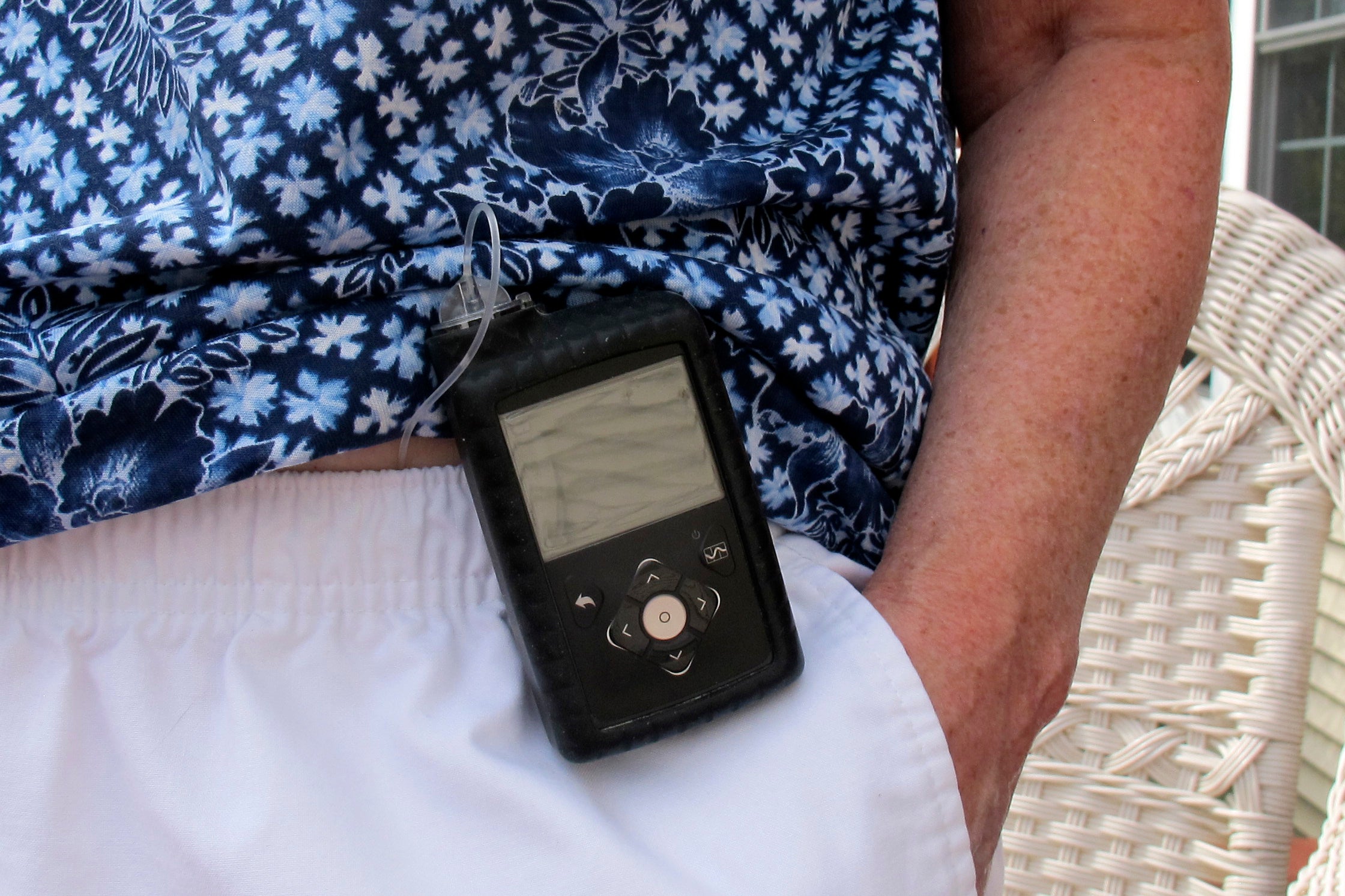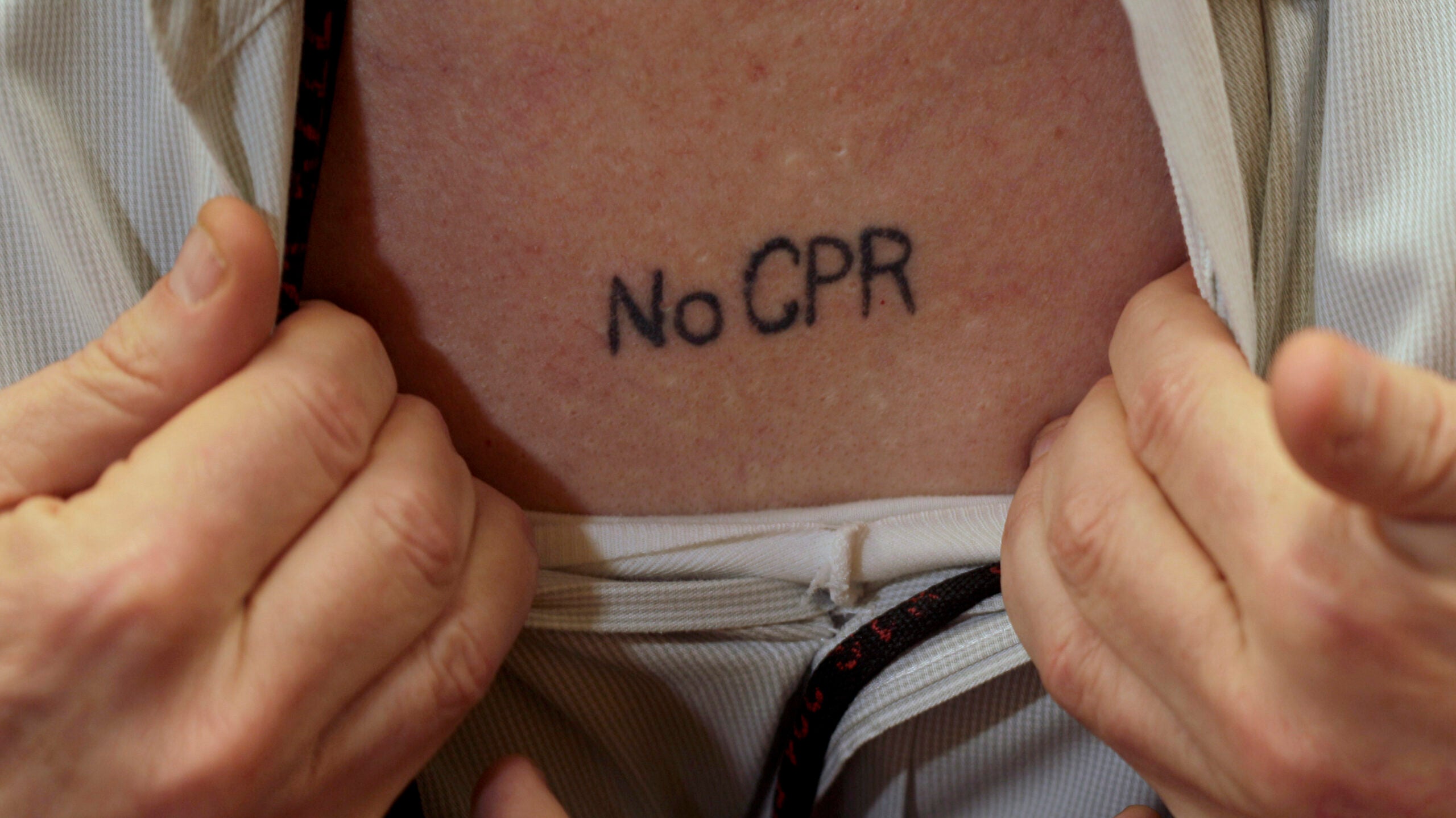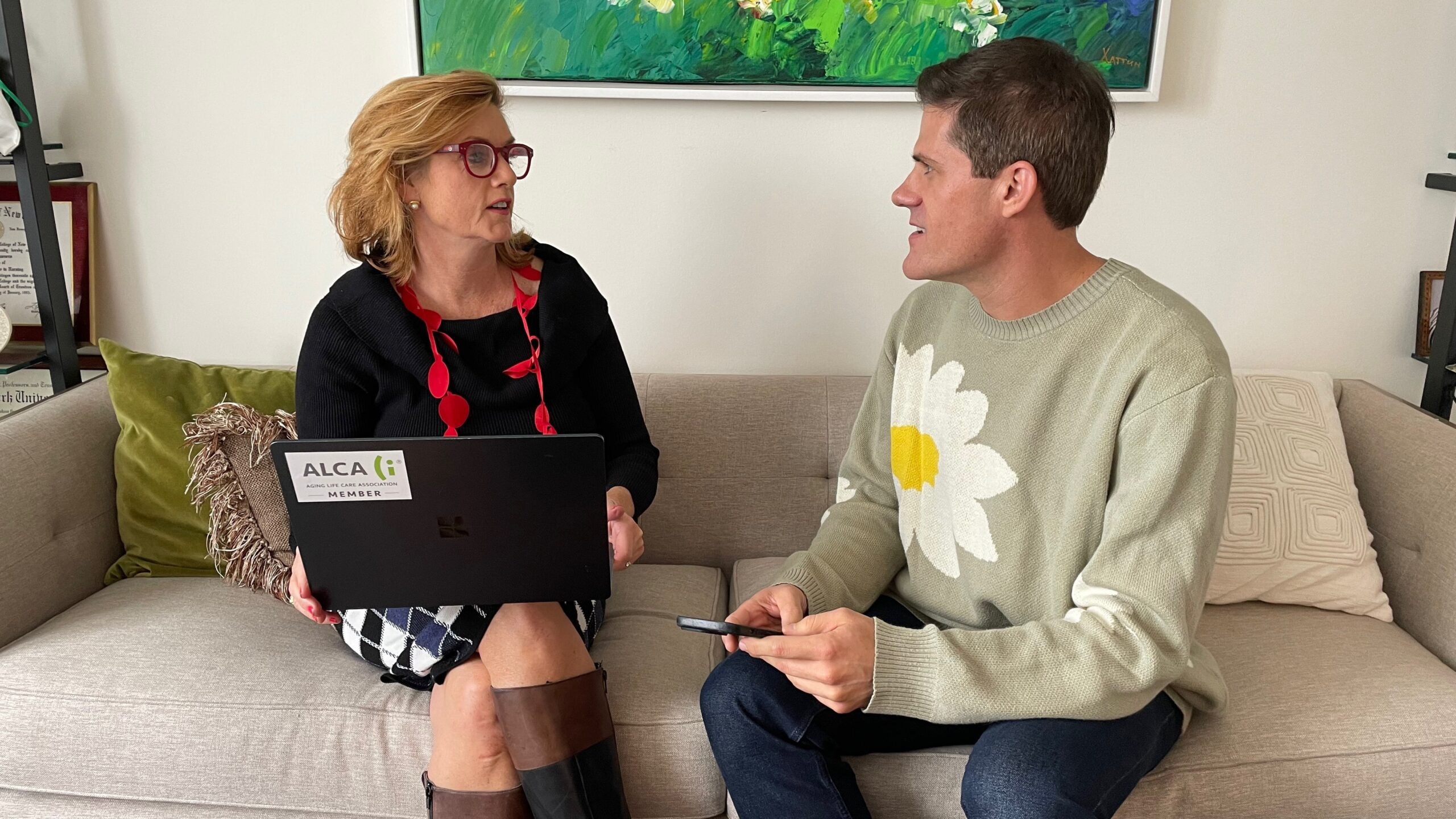We all know how stressful it is to lose a loved one. We’ve all lost someone in our lives who we’ve cherished.
It just happened to my wife, Penny, and me.
Our wonderful old friend from Chicago, one of those wise people you turn to when you have a difficult problem to solve, was sitting on the couch near her husband of many years when suddenly she took her last breath.
Stay informed on the latest news
Sign up for WPR’s email newsletter.
No sound. No moan. No noise. Nothing.
Her children, her grandchildren, her husband, her friends are all grieving for this unexpected sudden death.
Now, Nancy was 82 so you could argue, “Hey, 82, what do you expect? It’s been a good run.”
But she was a vibrant, productive, smart, healthy 82-year-old, just completing a cookbook she was editing and looking on to her next project. Who knew she would die that day? It was completely without warning.
Do you think this was stressful for her family? New research published in the British Medical Journal shows that this stress can easily translate into a serious cardiac arrhythmia — atrial fibrillation.
So, class, let’s go to atrial fibrillation: A-fib is an irregular heart rate, often faster than your usual pulse, commonly associated with shortness of breath and fatigue. It’s not life-threatening like ventricular fibrillation (V-fib is where you need immediate electrical shock therapy to save your life) but it is associated with serious problems.
With A-fib, a person is five to seven times more likely to have a blood clot and much more likely to have a stroke. In fact, some research seems to show that many who have strokes have on-and-off A-fib and don’t know it. So A-fib is not something to ignore.
Treatment for this can be a visit to the emergency room, where they shock you to return you to a normal rhythm; medications to try to get the heart beat to return to normal; or a cardiac procedure where the electrical system is fixed through a catheter. When that fails, it could mean taking blood thinners for the rest of your life.
You don’t want to get A-fib if you can help it — and this research shows that for up to a year after the loss of a spouse a person is at risk for A-fib.
Researchers in Denmark compared 90,000 people who developed A-fib with a million people of that age who did not, looking for risk factors. Because Denmark has stellar health records, they could cross-link patients with their spouses to see if they were living. Then they controlled for other problems that are linked to A-fib such as diabetes, high blood pressure and heart issues.
The risk for developing A-fib was 41 percent higher among those who had just lost a loved one, within the first two weeks after the death, than for those who did not. As noted, the greatest risk occurred within two weeks of the loss — the time we are most upset — but this effect lasted for a year.
What surprised researchers most was that the risk was more pronounced in people age 60 and younger than in older people. A younger person who lost a spouse was more likely to develop this heart rhythm than an older person in the same situation.
Why is this happening? Losing a loved one unexpectedly is the epitome of stress. Stress hormones such as adrenaline and cortisol are pumped through the body in great amounts, probably causing cardiac malfunction.
This study comes on the heels of others showing that emotional stress makes it more likely you’ll get a heart attack, too.
My spin: This study shows how stress and heart disease go hand-in-hand when it comes to grieving.
What can you do? If you know someone who’s grieving, give them solace in any way you can. That might save their life.
And if you’ve lost a loved one, reaching out to others just may keep your heart ticking away. Stay well.
Wisconsin Public Radio, © Copyright 2024, Board of Regents of the University of Wisconsin System and Wisconsin Educational Communications Board.





